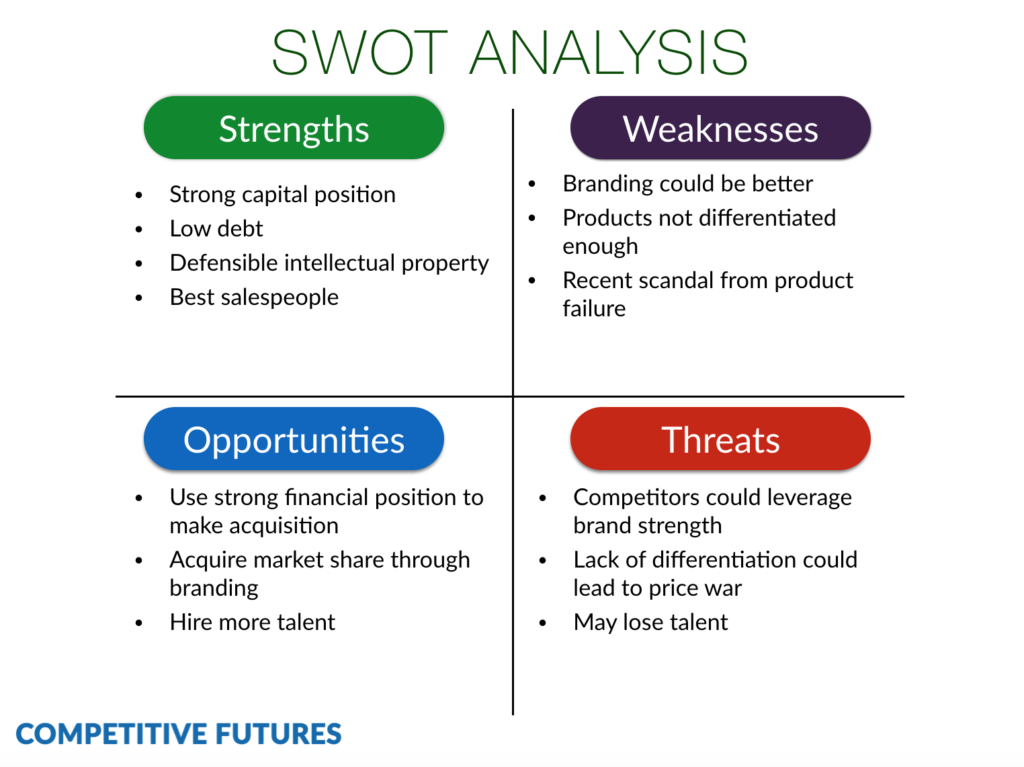Sorting Risk and Uncertainty
This article is reprinted from the Summer 2017 edition of the Nonprofit Quarterly, “Nonprofit Graduation: Evolving from Risk Management to Risk Leadership.”
________________________________________
As [Frank] Knight saw it, an ever-changing world brings new opportunities for businesses to make profits, but also means we have imperfect knowledge of future events. Therefore, according to Knight, risk applies to situations where we do not know the outcome of a given situation, but can accurately measure the odds. Uncertainty, on the other hand, applies to situations where we cannot know all the information we need in order to set accurate odds in the first place.
—Peter Dizikes
The distinction vis-à-vis for-profits, described by MIT News staff writer Peter Dizikes, above, can also be applied to the nonprofit sector—except that in the non-profit sector, risk is not measured so much against reward as against organizational harm prevention. And therein lies a profound attitude problem.
The Nonprofit Quarterly has always engaged […]





